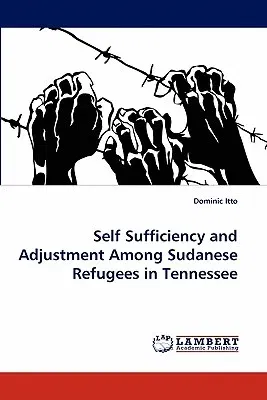Dominic Itto
(Author)Self Sufficiency and Adjustment Among Sudanese Refugees in TennesseePaperback, 1 June 2011

Qty
1
Turbo
Ships in 2 - 3 days
In Stock
Free Delivery
Cash on Delivery
15 Days
Free Returns
Secure Checkout
Print Length
124 pages
Language
English
Publisher
LAP Lambert Academic Publishing
Date Published
1 Jun 2011
ISBN-10
3844381767
ISBN-13
9783844381764
Description
Product Details
Author:
Book Format:
Paperback
Country of Origin:
US
Date Published:
1 June 2011
Dimensions:
22.86 x
15.24 x
0.74 cm
ISBN-10:
3844381767
ISBN-13:
9783844381764
Language:
English
Location:
Saarbrucken
Pages:
124
Publisher:
Weight:
190.51 gm

